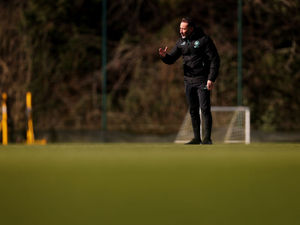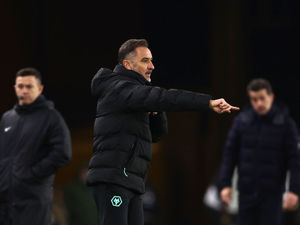Wolves success set to boost city economy
Wolves' return to European football is set to benefit the city economy, an expert has claimed.
After a successful first season back in the Premier League, which saw Nuno Espirito Santo's men finish seventh, Manchester City's FA Cup triumph clinched a Europa League spot for the boys in the old gold and black.
Their 6-0 win over Watford at Wembley on Saturday means that Wolves will make an appearance in the competition for the first time since the 1980/81 season.
Now, Dr Ian Jackson, senior lecturer in economics and finance at Wolverhampton University, has labelled Nuno's success as "really important" for the city.
He predicts that the club playing extra matches on a Thursday will see stocks rise for both the team and the city through prize money, increased footfall and increased productivity among workers all contributing to the city's expected success.
It's also believed that the Black Country as a whole will benefit from Wolves' achievement.

Dr Jackson said: “The news that Wolves will be playing in the 2019/20 Europa League is really important for the city, I think there are three main areas that we can look at in terms of the economics.
“Firstly, the direct effects of things like TV revenue and prize money that the club will receive from being part of the competition.
“Next, there are the indirect effects for the local economy of things like fans consuming more food and travel for coach companies on the extra match days.
“And lastly, there’s the induced effects and that’s a bit more difficult to quantify.
"But this is about the increase in well-being in the city and, in certain circumstances, an increase in things like productivity in workplaces.
“But generally, what this gives us is the ability to project not only the football club in Wolverhampton but the wider area of the Black Country in a positive light and gives us the international reach because the Europa League is an event that is watched globally.”
Wolves will begin their season in July and will have to overcome three two-legged ties to reach the group stage of the competition.
If they make it through, they could face some of Europe's best, including Sevilla, Lazio and Sporting Lisbon.
The first leg of the second qualifying round, where Wolves will come into the competition, is on July 25, with the second leg on August 1.





